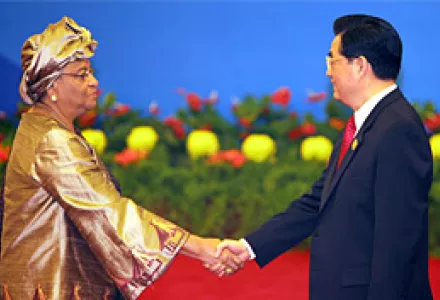Soft Interdependence and Conflict
Most research linking interdependence and conflict implicitly assumes that the relationship is driven by the relative costs and benefits of trade and war. This article challenges that assumption by arguing that the pacifying effect of interdependence is generated by the psychological closeness and familiarity that frequent contact between societies engenders, rather than the cost that its absence would impose. The speaker terms this deeper product of societal interaction "soft interdependence" in order to differentiate it from the hard rationality of arguments based on the economic costs of conflict.
Please join us! Coffee and tea provided. Everyone is welcome, but admittance will be on a first come–first served basis.



